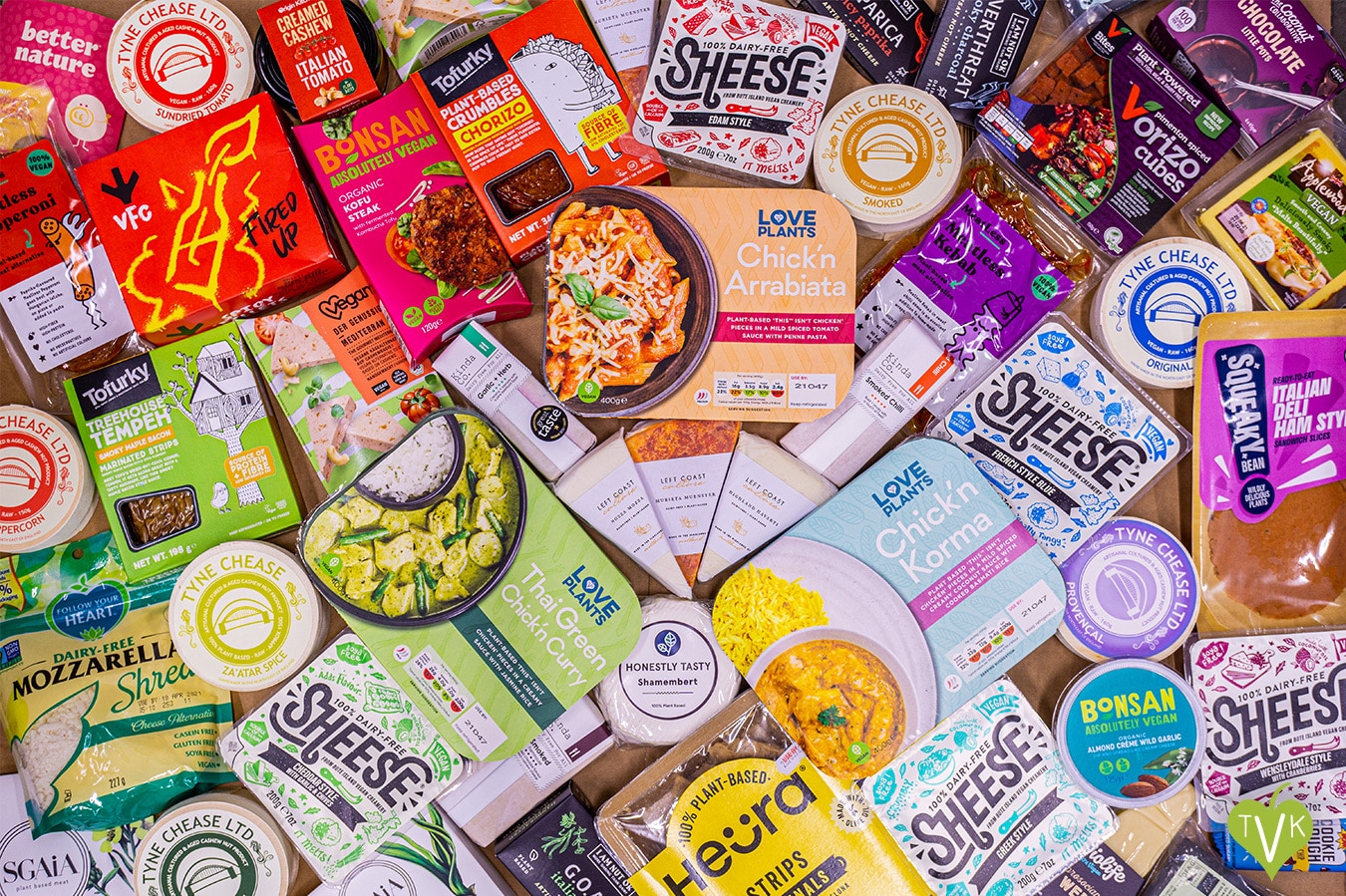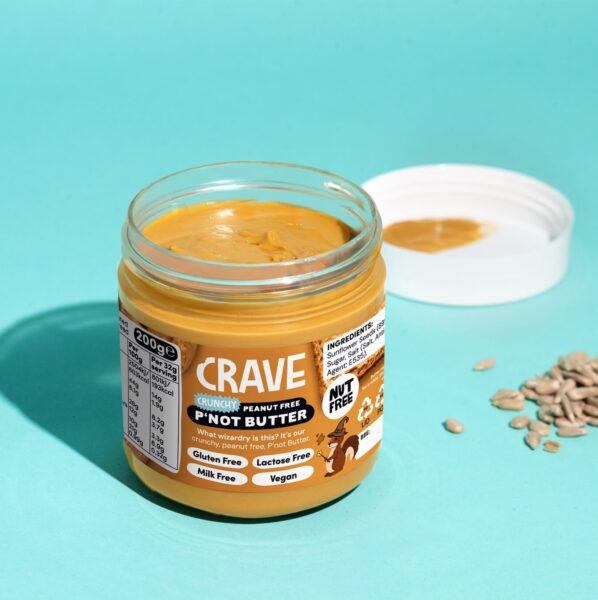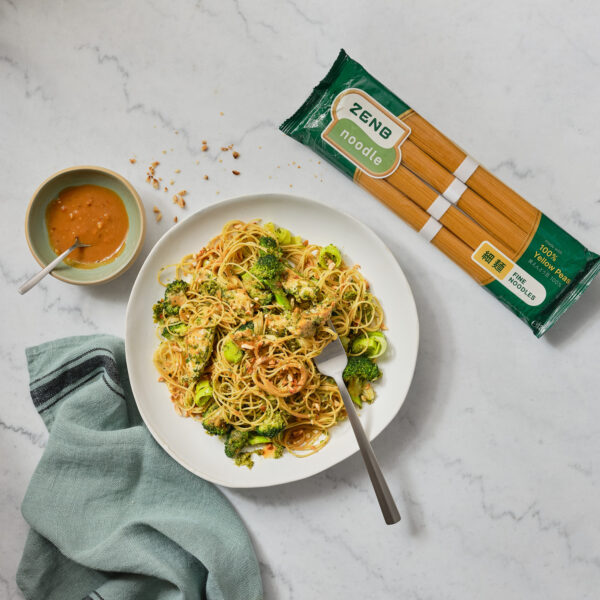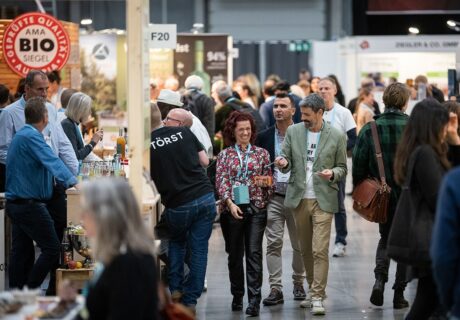Charlee Singleton explores the rise of the Flexitarian diet, the driving forces behind the movement and discovers how plant-based brands and products are adapting to this new market.
The plant-based food sector has experienced a roller-coaster of ups and downs over the past several years. From a food technology boom to an over-saturated market, rising costs and stalled sales, the industry’s journey has been complex and filled with challenges.
And it seems the narrative of plant-based food has shifted, what was once hailed as a food evolution has been subject to criticism and celebrity backed campaigns from the meat and dairy industry to spread myths and misinformation, with health concerns and the processed nature of some meat and dairy alternatives being singled out – something Heather Mills credited as a reason for her legacy brand VBites falling into administration late last year. And yet, despite this negative attention, plant-based eating has become mainstream, normalised in many countries as it turns into a symbol for sustainability and health amongst the general public.
Almost half of Brits are reducing their intake of meat, and this year’s Veganuary saw the highest number of sign-ups in its ten-year history, with over 25 million people worldwide giving up animal products during January. Over 2,100 new vegan products and menu items were launched for Veganuary across the whole globe, and international social media reach surpassed 100 million.
Reflecting on the success of the 2024 campaign, Veganuary’s Head of Communications Toni Vernelli commented: “It is incredibly inspiring to see Veganuary’s participation and influence continue to grow around the world. As people become more aware of the incredible impact our food choices have on the health of our planet, attitudes towards veganism are changing everywhere and Veganuary’s friendly, non-judgmental, just-give-it-a-go-for-a-month-and-see-what-you-think approach has undoubtedly played an instrumental role in this shift.”
The results from Veganuary’s participation survey show promising results for the future too, 82% of respondents planned to make significant permanent diet changes after participating in the challenge, with almost a third (30%) of those who were not already vegan before Veganuary aiming to stay vegan at the end of their pledge. Around three quarters (74%) of those not staying vegan plan to at least half their intake of animal products going forward, and 73% are very likely to try veganism again in the future.
“With 82% of our 2024 participants planning to at least halve their intake of animal products permanently – including nearly one-third who plan to stay fully vegan, Veganuary really is driving positive change for animals, people and the planet,” Vernelli added.
Hybrid Health
The flexitarian diet is as flexible approach to eating that emphasises plant-based foods whilst allowing for occasional meat, fish and dairy consumption. The shift can be driven by a range of factors including health concerns, wanting to contribute to a more sustainable food system or financial pressure.
“The world doesn’t need 100 perfect vegans; the world needs billions of people doing the best they can.”
Health is a major driver, as plant-based diets are rich in essential nutrients like fibre, vitamins and minerals, and are associated with lower risks of chronic diseases such as heart disease, hypertension, type 2 diabetes and certain cancers. Recent research carried out as part of the American Guy Project has led experts to say that we need to eat 30 different plants per week in order to gain the broad spectrum of nutrients we need to keep healthy. Adopting a flexitarian diet makes achieving this goal much easier, leading to improved digestive health as well as aiding in weight management, as these diets also tend to be lower in calories and unprocessed foods.
Many people are starting to take note of the environmental impact of meat production, as it requires significant resources such as water, land and feed, and the sector is a leading contributor to deforestation, habitat destruction and biodiversity loss. The reduction of animal agriculture is seen as a key strategy for combating climate change, with various reports estimating the emission contribution of the industry sitting between 11- 20% of all emissions. Adopting a flexitarian diet heavy in plant-based foods helps to mitigate these issues due to the lower environmental footprint, requiring fewer resources to produce and generating far less greenhouse gases.
Economic factors are playing a significant role in the growing popularity of the flexitarian diet, as many households face the cost-of-living crisis. Inflation, supply chain disruptions and increased production costs have seen food prices rise, particularly for meat and dairy. Plant-based foods like beans, lentils, rice and seasonal vegetables are typically less expensive than animal products, making affordable plant-based eating increasingly accessible.
The shift to a flexitarian diet can even be because of a desire to be vegan but understanding that slip ups can happen. “The world doesn’t need 100 perfect vegans; the world needs billions of people doing the best they can.” This is the quote that inspired TedX speaker and author Cat White to write ‘The Imperfect Vegan’, an award-winning book dedicated to inspiring people to make a difference on a mostly plant-based diet. White promotes a reduced approach to animal product consumption as a more practical solution than elimination for most of the population, as the majority of people struggle to go cold turkey and feel like they fail at being a ‘real vegan’ if they can’t do it perfectly. In a similar scope to Meatless Mondays and Veganuary, being a flexitarian, or an imperfect vegan, motivates people to start the change and dispels some of the black-and-white thinking that has been historically prominent in veganism.
Re-brand revolution
More and more food companies have been strategically re-branding their vegetarian and vegan products to appeal more broadly to meat eaters and those considering a flexitarian diet. Innovative marketing and packaging have allowed food companies to shift their promotions from solely vegetarian or vegan to a wide demographic, with terms like ‘plant-based’ replacing ‘vegan’ or ‘vegetarian’. Earlier this year, Hellmann’s re-branded its vegan mayo, opting for the term ‘Plant Based Mayo’, with the brand citing that its consumer research has shown “the word ‘vegan’ can be a barrier for flexitarians, who see ‘plant-based’ as more inclusive”.
“We are seeing flexitarians now wanting to take more control over what they eat, whilst continuing to reduce their meat intake”
In response to a minor dip in vegan purchases in 2023, Tesco replaced its Finest Signature Vegetable ready meal range with the Root & Soul range, providing delicious vegetable centrepieces that focus on whole foods and nutrition. “We are seeing flexitarians now wanting to take more control over what they eat, whilst continuing to reduce their meat intake,” Tesco’s plant-based food buyer, Cate May, said in March. “Awareness is also starting to increase around the health benefits of making some simple swaps in their diet, for example, to reduce saturated fat whilst maintaining strong levels of protein by increasing the amount of plants and plant-based foods in their diets and then supplementing with more fresh veg.”
Some companies are turning to the developing blended meat market, an alternative protein solution that combines animal protein with plant-based ingredients to offer the familiar taste and texture of meat while delivering the added health and environmental benefits of plant-based foods. These hybrid products aim to meet the needs of consumers seeking to reduce their meat intake without giving up meat entirely. For instance, products like blended burgers, which mix beef with ingredients such as mushrooms or lentils, provide a lower calorie and lower fat alternative, with a fraction of the carbon footprint associated with its 100% meat counterpart. The blended protein approach makes it easier for consumers to make more sustainable food choices without drastically altering their eating habits.
British meat-free leader Quorn is the latest company to join the blended meat market, as the company recently announced that their mycoprotein will be mixed with beef and pork to replace 100% meat staples for food service operators, including NHS hospitals. The new line will not feature the Quorn brand name but will instead reference the use of mycoprotein and is expected to launch on menus before the end of the year.
As first reported by The Grocer, the shift is part of the brand’s evolution from a company that aims to “help a few people eat no meat” to one that “helps everyone eat less meat”.
“Once upon a time we were effectively competing with the meat industry – only making products that were alternatives to theirs, and encouraging people to switch,” says Marco Bertacca, Quorn Foods CEO. “We now find ourselves collaborating to offer less-meat options to consumers who are looking to reduce meat consumption, but not eat vegetarian or vegan meals. This represents the majority of people, and so it is a massive opportunity to decarbonise part of the food system and improve public health.”
Consumer Cravings
“most people buying our vegan pizzas aren’t themselves vegan, but they know someone else who is.”
Speaking at her Natural & Organic Products Expo (NOPEX) seminar session, ‘Vegan Shopping: What do consumers really want?’, Mirrin Lewis, Deputy Sales Manager of The Vegan Society explained the reasons behind why businesses apply for The Vegan Trademark, with the number one reason being consumer demand.
Both vegans and non-vegan alike value transparency, and convenience, with clear signposting to help consumers understand product claims and save shopper’s time. Lewis shared a story of one shopper who spent three hours trying to locate ten ingredients for a vegan roast, something which can be easily rectified with certification labelling. “Clear labelling makes it so much quicker to find what you’re looking for. It might be gluten free, it might be cruelty free. Whatever it is, if it’s not on the label, you’re probably a bit nervous about purchasing it.”
“As part of our brand awareness survey … we found that people were more likely to choose a product with vegan certification. So we showed them these images exactly the same, identical in every way except one’s got the vegan trademark and it was 75% that actually chose that particular product over the other one. So if you’ve got a product sitting on a shelf next to one with vegan certification, you may miss out.”
The Vegan Society trademark holders shared their thoughts and experiences of consumer expectations in a video shown during the session. Joe Hill from One Planet Pizza said, “Most people buy plant based or vegan food for three reasons. It’s for health reasons. So people are more concerned about the impact that the food they eat has on their overall health and well-being.”
“Secondly, for sustainability reasons, plant based has this Halo effect and it’s one of the most impactful ways of reducing the carbon footprint of your diet. Third is for animal welfare reasons. So a lot of people who aren’t necessarily vegan, but they love and care for animals, and they’re increasingly concerned about the way that we treat animals when we mass farm them for meat, dairy and other products.”
“Interestingly for us, for our frozen vegan pizzas, most people are actually buying those for someone else in their house who’s either a vegan, vegetarian or flexitarian or has a dairy allergy or intolerance. So we actually cast quite a wide net and most people buying our vegan pizzas aren’t themselves vegan, but they know someone else who is.”
Thomas Laird from Salt of the Earth added: “Customers want the Vegan Trademark on products for many reasons, but I think one of the key ones is just to know that there’s no animal ingredients in their cosmetics. Because even though sometimes people might not be vegan in their diet, they don’t want to put animal products on their skin because what’s the point? I think the other thing is sustainability. The Vegan Trademark is a good way to show that there is no animal ingredients, which tends to be more ecologically intensive.”
CRAVE P’Not Butter
CRAVE, the renowned free-from food brand, has launched its new peanut free creation, allowing everyone to indulge in the more-ish nutty flavours they crave. Available now, P’Not Butter is a luscious and crunchy alternative that cleverly emulates peanut butter. However, unlike traditional peanut butter, it is made entirely from sunflower seeds. Why this departure from the norm? Well, consider this: peanut allergy affects approximately 2% (1 in 50) of children in the UK, and this number has been on the rise in recent decades. P’Not Butter is completely free from dairy, gluten, eggs and nuts.
Beauty Kitchen Pure Source Collagen SPi4™ Complex Gummies
Beauty Kitchen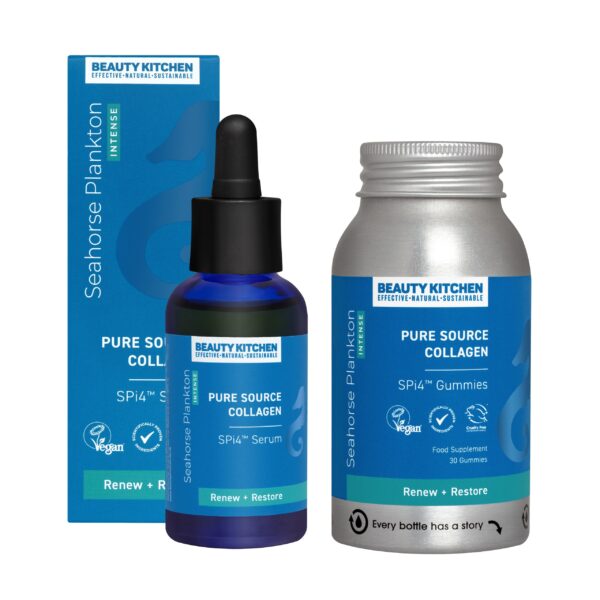
https://beautykitchen.co.uk
Our breakthrough SPi4™ Complex, a powerful blend of 4 signal pure & potent microalgae, is encapsulated in olive oil and cultivated in bio tanks that mimic the natural environment of the ocean. This powerful microalgae complex works to enhance the body’s natural collagen production and rejuvenate ageing skin from the inside & out.
SPi4 ™ complex combats the visible signs of ageing. The powerful microalgae actives in the SPi4™ Complex have been scientifically proven to deliver transformative results:
– Supports the body’s natural collagen production
– Improves skin elasticity & restore radiance
– Strengthens skin & boosts hydration
– Reduces the appearance of fine lines, wrinkles & dark spots
The Artist’s Collection
Booja-Booja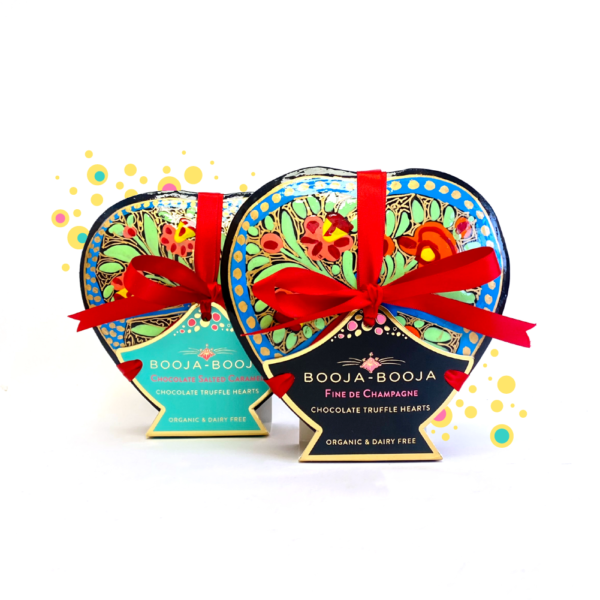
https://boojabooja.com
Beautiful gift boxes, hand-painted by a community of artists in Kashmir, India, using traditional art forms and techniques. Perfect for those who love vegan and organic chocolate, and beautiful things, these boxes can be cherished long after the chocolates inside have been enjoyed.
Choose from Square Boxes containing sixteen Hazelnut Crunch or Fine de Champagne chocolate truffles at £24.99 RRP or NEW Heart Shaped Boxes containing twelve Chocolate Salted Caramel or Fine de Champagne chocolate truffle hearts at £27.99 RRP
All Booja-Booja products are vegan, dairy free, gluten free, soya free and organic. Celebrated for its delicious, melt-in-the-mouth treats, Booja-Booja has won 180 awards and is recognised as one of the leading vegan and free-from confectionery brands in the UK.
Bonsan Organic Cashew Chive Cheese-Free Spread
Bonsan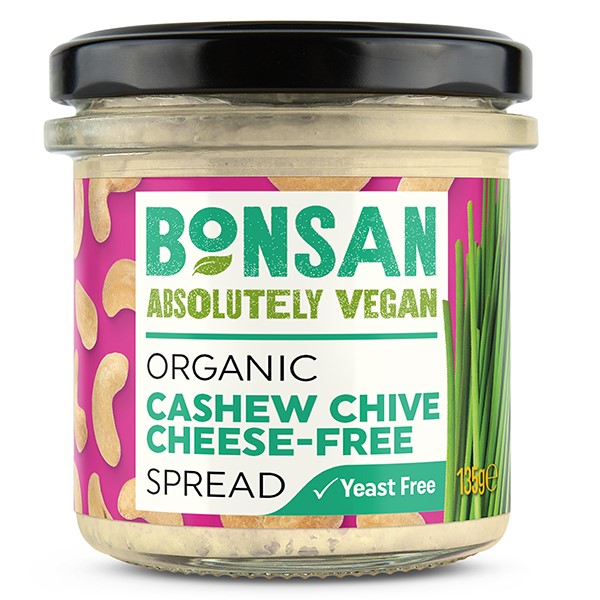
https://bonsan.co.uk/
Introducing our innovative vegan, yeast – free cream cheese alternative—a meticulously crafted blend of organic rich cashews and fragrant chives. This delicious, dairy-free spread is tailor-made for the UK market, addressing the needs of vegan and flexitarian consumers. This organic sandwich filler includes creamy cashews and fragrant chives, resulting in a velvety dairy free delight. Simply spread it, dip into it, or use it to create luscious pasta sauces. It’s time to elevate your lunches with our plant-based take on a classic chive cream cheese.
Salt of the Earth Clary Sage & Mint Natural Roll-On Deodorant
Salt of the Earth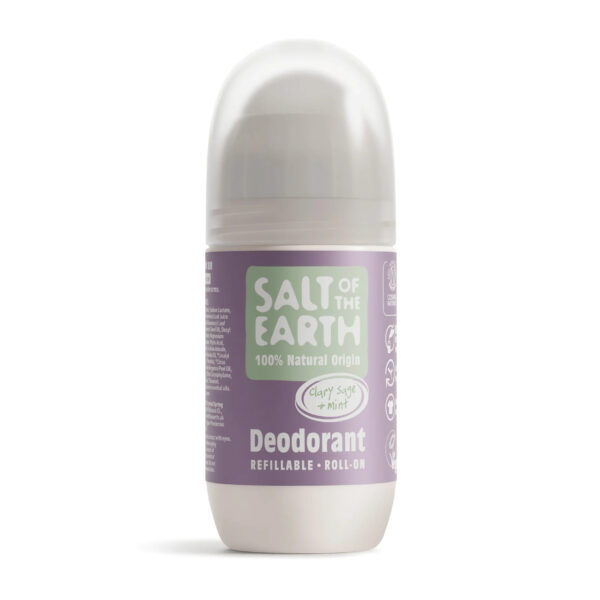
https://saltoftheearthnatural.com/
Step into a sensory adventure with our captivating scent. Experience the invigorating rush of cool mint, the calming essence of lavender, and the subtle complexity of herbal notes. Embrace the comforting warmth of woody undertones as you indulge in this enchanting blend—a harmonious fusion of relaxation and refinement with every spritz.
Salt of the Earth’s Clary Sage & Mint Natural Deodorant Roll-On ensures lasting, effective protection from body odour, crafted entirely from 100% natural ingredients, including soothing aloe vera. Featuring an improved formula, our roll-on now incorporates a natural moisturising factor for enhanced hydration, alongside quicker drying properties and increased efficacy against body odour.
Suma Chik’n Soup
Suma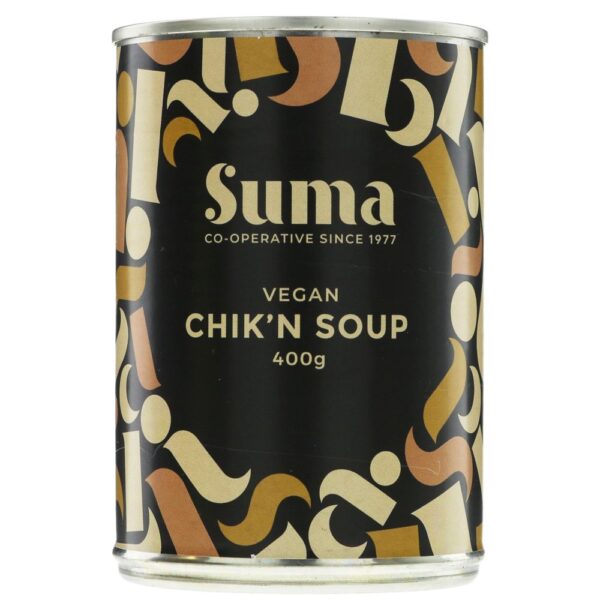
https://wholesale.suma.coop/
The first of its kind! Vegan Chik’n Soup in a tin. Now you can offer your customers something completely new. And we know they’ll love it, because it was their idea.
Thanks to our wonderfully creative customers we now have Suma Chik’n Soup. A super creamy, vegan chicken style soup made with coconut cream. This is the ultimate comfort food. Ideal for a winter’s evening or a quick tasty lunch. UK made, using the very best ingredients. It’s a wholesome soup, full of flavour. It joins our outstanding vegan soup range, all with a great distinctive look.
ZENB Noodles
Developed by the brand’s Japanese innovation team, and already a best-seller for ZENB Japan, ZENB Noodles put a healthy spin on this Asian cuisine staple. Thanks to that mighty legume, the yellow pea, they provide the fibre, protein and minerals (phosphorus and potassium among them) not found in the majority of noodle brands.
Like the rest of the ZENB collection they are gluten- and allergen-free, contain no added sugar or salt and are Vegan Society-approved. They are also perfectly suited to today’s fast-paced lifestyle with a cooking time of just five minutes. Did we mention that they taste amazing too, with no compromise on taste or texture?!


